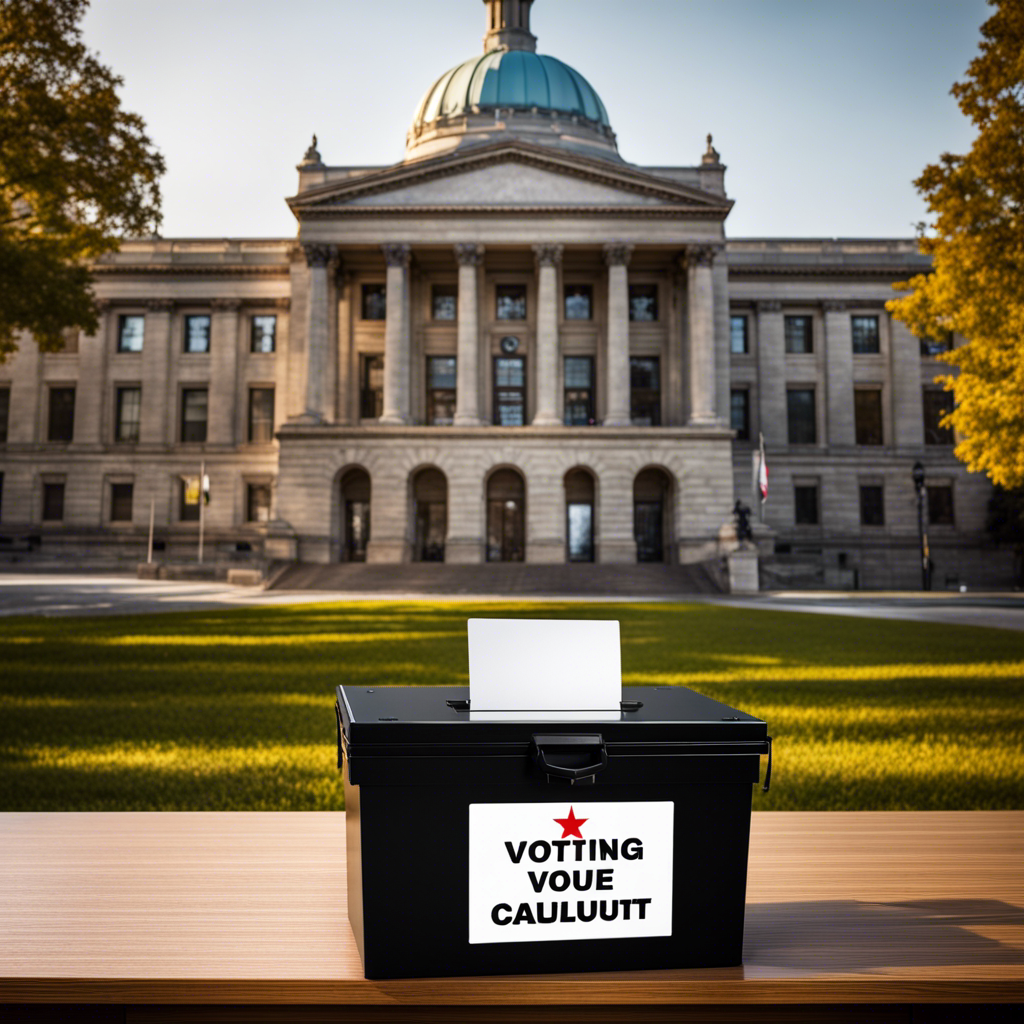Independent Senator Sharon Keogan has been warned by the Electoral Commission that her posters are significantly misrepresenting the proposed measures in the upcoming referendums. Keogan initiated an online fundraiser last week to pay for the production of her posters, one of which implores people to vote against the measures with the words: “Don’t force mothers out to work” – a campaign that brought in around €25,000 via a GoFundMe.
The propositions that will be voted on this Friday, 8th March, include a consideration to broaden the legal interpretation of ‘family’ in the official Constitution. The proposed redefinition would acknowledge ‘lasting relationships’, encompassing couples living together and their children. Furthermore, the existing language surrounding ‘women in the home’ and the responsibilities of mothers would be replaced with terms acknowledging familial care.
Ms Justice Marie Baker, chairwoman of the Electoral Commission, issued a clarification, asserting that nothing within the proposed measures would compel women to either remain at home or take up employment. She also stated that one of the posters associated with Senator Sharon Keogan, which has been seen in various parts of Dublin and beyond, inaccurately represents the matters on which the public are being asked to vote.
The comments of Fintan O’Toole and the March 8th referendums WhatsApp discussion by Breda O’Brien and Justine McCarthy were also brought into focus.
Concluding the statement, she clarified that neither the existing text nor the proposed changes would force women to chose between staying at home or working. She labelled any suggestion to the contrary as a distortion of the facts.
In the last stages of the referendum campaigns, the Electoral Commission will provide factual information for the voters through their booklet, website, and media engagements. Baker strongly urged people to get informed via reliable sources, make a decision and vote in the upcoming referendums on 8th March.
The Electoral Commission noted that there have been no enactments of Parts 4 and 5 of the Electoral Reform Act 2022, which centre around misinformation. Still, as Ireland’s autonomous electoral commission, ‘An Coimisiún Toghcháin’ has a lawful obligation to illuminate the subject of referendums and aid people in finding factual data.
Ms Baker, representing the Commission, expressed their pleasure at seeing the ongoing respectful debate and exchange of opinions. With this, she highlighted that individuals have time for reflection before casting their vote on Friday, March 8th. In the Commission’s Referendum Information Booklet, it states the importance of accurately validating any provided information and determining the source, reason, and its validity.
For current political discussions and in-depth analysis, subscribe to our Inside Politics Podcast. Register for immediate alerts and receive all our top news, analysis, and commentary directly on your phone. Keep current by connecting with The Irish Times on WhatsApp.

